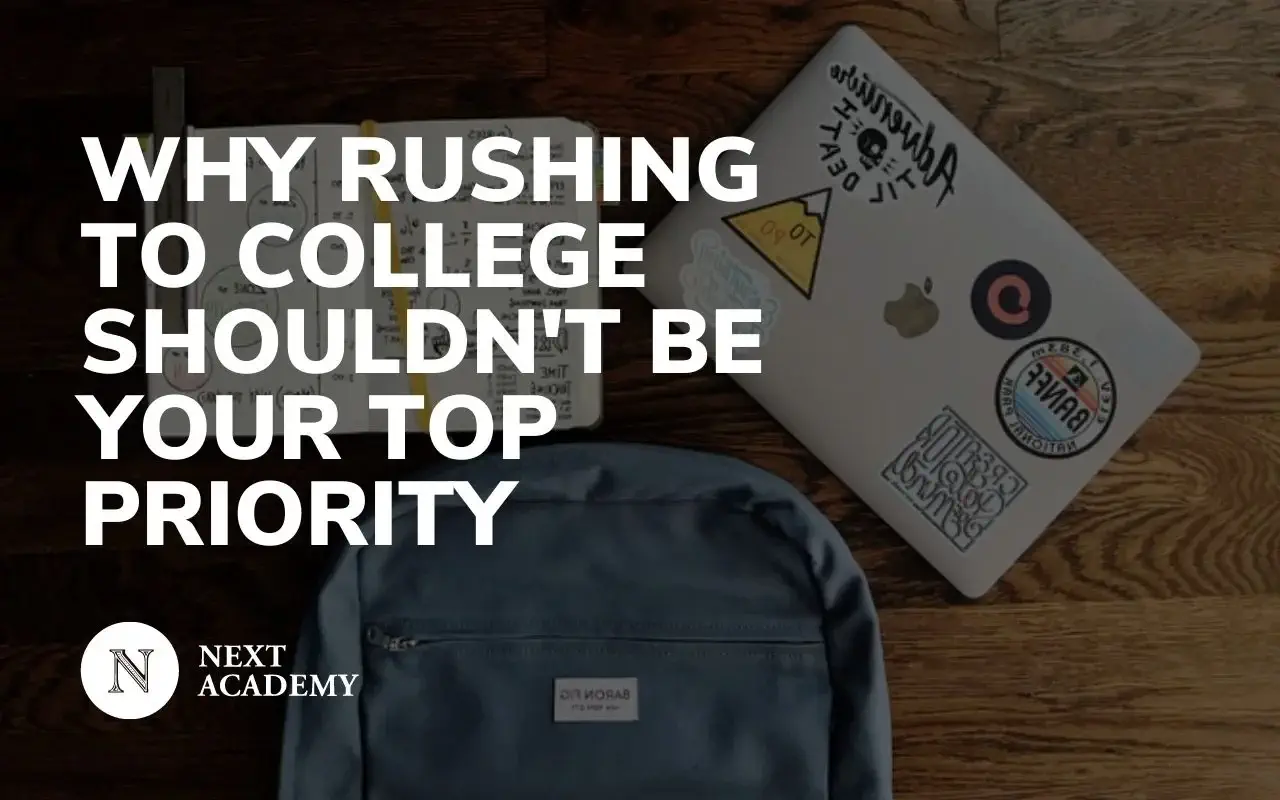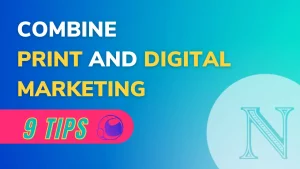According to most Malaysian parents, there’s a very specific formula for success in life:
Get good grades in school -> Go to college/university and get your diploma/degree -> Get a job -> Earn and save money for “your future”
While this might differ between parents, it is generally the path they’d expect their kids to take. In most cases, any deviation from it would anger many parents. Especially the part about going to college after finishing your SPM.
Because no college means no diploma, no diploma means you won’t be able to get a good job/salary, and no job/salary means their child will end up a jobless failure for the rest of their life.

Ok, so maybe I’m being a teensy bit dramatic. But having grown up in Malaysia, I do know this is pretty much the basics of what most parents tell their kids. There are a few flaws in this argument, but the most fundamental of which is this:
Having a college diploma makes it no easier for you to secure a job easily in today’s ever-growing competitive market.
Don’t get me wrong. Mum and Dad do have a point. But no matter which country you live in, regardless of whether or not you are a diploma or degree holder – unemployment rates have been inevitably rising for everyone.
But what you need to know is that statistics show that the unemployment rate for those with a college diploma are significantly lower than for those without one. According to an annual study done by the consulting firm Accenture, 67% of graduates can actually expect to find a job in their chosen field – and this number has been steadily decreasing each year. So what am I saying? That you don’t need college?
Well, no. That’s not what I’m implying. I’m simply pointing out that rushing college enrollment immediately after getting your SPM results may not be the best idea. It’s a better idea to sit down and consider what it is you want to do with your life first – you don’t want to end up picking the wrong major which either won’t benefit your future career path or which doesn’t suit your interests, which could potentially end up becoming a very expensive mistake, both money and time-wise.
In fact, it is indicated in a study by Psychology Today that many young people who rushed into college often became locked into bad career choices. For several reasons, among which include picking the wrong major due to lack of information or experience.

These days, college is a very important financial investment, and that’s why it shouldn’t be taken lightly. After SPM, you’re given the time not just to celebrate your freedom from high school, but also to think about what you want to do next… because college isn’t the place for you to be “discovering yourself” or “trying things out”. That’s just a waste of time and money.
That’s why one thing I’d highly recommend doing before making any decisions about further studies is to invest in your own self-development and personal growth.

Why? Because in today’s job market, most employers won’t even bother looking at your degrees and diplomas. Instead, they want to know what skills you as an individual can bring to the table that will benefit them and their company.
In this increasingly technological day and age, many are also looking for potential employees with technical skills, such as knowledge of coding and web design. And even if you’re not planning to become a programmer, learning to code can still be an important skill that could help you get a job in the future.
Don’t assume that just because you’re taking a year off to invest in yourself, would also mean that you’ll never go to college. You can always take the time to get the knowledge and life experience you need to improve yourself before heading off to college or university.
Studies have shown that this can even help you make better life choices (such as picking the right major) because you’ll have a better idea of what you want to do, and what you need to learn to get there.
So in that gap between completing your SPM and before applying for higher education, here are some options you could consider to pick up a new, potentially-useful skill:
1. Join a coding course/coding bootcamp

I’ve already mentioned above that employers these days are looking for employees who have technical skills. If you know how to code, you’ll have a definite edge over the rest who don’t, for several reasons:
- You’ll have better problem-solving skills
One of the failings of our current education system (all the way from kindergarten to university-level) is that it fails to instill problem-solving and critical-thinking skills in students. Most graduates who try to enter the workforce these days are used to being spoon-fed by teachers and lecturers, and once a situation crops up that calls for initiative, they tend to fail miserably.
If you learn to code, you’ll be trained to have a mindset where you try to resolve issues and fix problems on your own. Through this, you’ll also be more self-reliant and empowered to take initiative – which are all traits that employers will be looking for.
- You’ll be able to better act on your ideas
With coding knowledge, you’ll know how to build your own web apps or programs – which means that you might be able to help solve problems or make your work easier for yourself and your colleagues. For example, we know of a previous student who created an app to help filter through data and create reports, which reduced a lot of tedious workload for himself and his colleagues and enabled them to increase productivity and efficiency.
Best part is, this can also help you save on the cost of hiring designers and programmers to do something you’ll know how to do on your own.
- You could work freelance
With coding skills, instead of working a 9-5 job, you could choose instead to work as a freelancer, providing your skills on a contractual basis. This would give you the freedom to create your own work schedule, be your own boss, and work from home – though at the cost of having a steady paycheck and employee benefits.
2. Start a business

If you have an idea for a business you’d like to start up one day, well, don’t let your dreams be dreams. There’s no time like the present to get started as an entrepreneur. You’re never too young to start your own business – especially at this time in your life when you have few commitments, lot of energy, and plenty of time and ambition.
Even if you start a business and it fails, it’ll still look pretty impressive on your resume. In fact, it shows that you’re proactive, innovative, creative and driven, and that you have some experience as an entrepreneur. Plus, this will provide you with leadership experience – and with all these awesome qualities, future employers will be champing at the bit to hire you.
3. Sign up to learn web design

A lot of companies these days have websites (it’s pretty much a given that their customers/clients will want to be able to look them up online), and as such they need to have someone who can help them develop, design and maintain the website for them. Being able to develop the website as well as design the look and feel of it will help you out in the long run, as it negates the need to work with either a web developer or designer, and allows you to work more efficiently.
Conclusion
At the end of the day, many people tend to mistake the notion that “you don’t need a degree to be successful” to mean “you don’t need to go to college”.
But that’s not the point I’ve been trying to make. College is an important part of a person’s life, and that little piece of paper they hand you at graduation could potentially help you earn a higher salary in future. Ultimately, it’s important to have a good mix of qualifications and experience on hand to help you find a good job. Employers place a higher value on people who have extra skills to bring to the table, so it’s never a bad idea to invest in yourself and your skills if you can.
The transition from secondary school to college can be extremely terrifying when adolescents are faced with the decisions of abiding by rigid expectations of stereotypical Asian parents versus challenging the status quo.

While some teens have a clear sight of goals they want to achieve and subsequently, the suitable choice of college course to be undertaken – many are still left with uncertainty and unbearable amounts of external pressure as to what to do.
Perhaps taking a break between completing SPM and immediate enrollment in college to pursue self-improvement is vital for one to build character that will sustain a fruitful future. On top of that, to equip one’s self with a vast array of knowledge and skills might just be the best option in discovering what you truly want to achieve.
-
Josh Tenghttps://www.nextacademy.com/author/josh/
-
Josh Tenghttps://www.nextacademy.com/author/josh/
-
Josh Tenghttps://www.nextacademy.com/author/josh/
-
Josh Tenghttps://www.nextacademy.com/author/josh/
 What We Have Done |
What We Have Done | 


